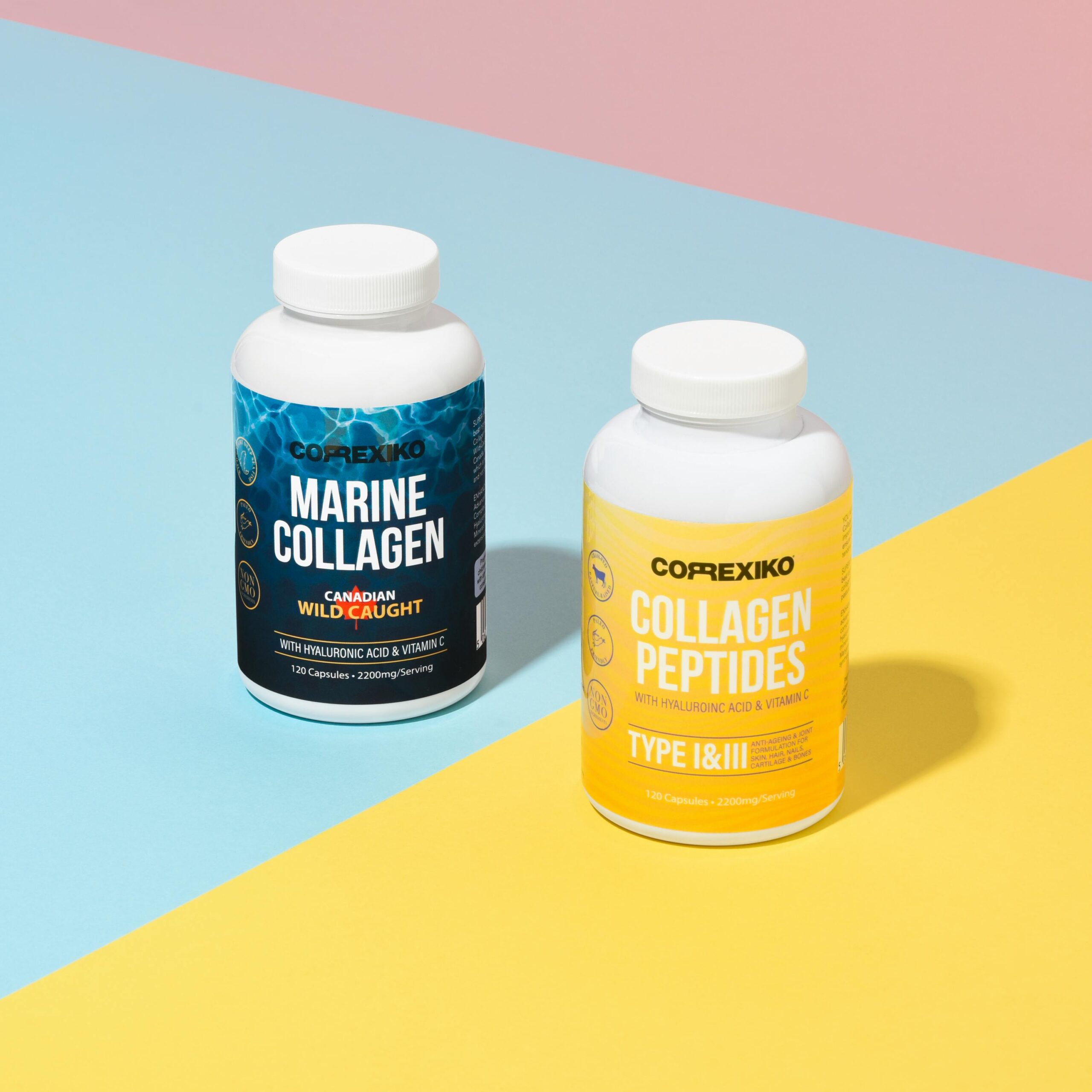Write Us: hello@ali5.org
The Truth About Collagen Supplements for Joint Pain
The Truth About Collagen Supplements for Joint Pain. Discover what science really says about collagen, its benefits, risks, and how it helps joint pain sufferers.

As someone who’s spent the last decade battling creaky knees from years of basketball, I’ve tried nearly every joint supplement on the market. When collagen powders started appearing everywhere a few years back, I was skeptical but curious. Could this trendy protein really help my aching joints? After three years of personal experimentation and digging through countless studies, I’ve learned some surprising truths about collagen supplements.
Why Our Joints Need Collagen
Remember when you could jump out of bed without groaning? Those days fade because our bodies slowly stop producing as much collagen, the protein that acts like scaffolding for our joints. By age 40, we’re losing about 1% of our collagen each year. This explains why so many of us start noticing stiff fingers, crunchy knees, and that ominous hip pop when we stand up.
I first noticed my own joint issues at 35. Morning stiffness lasted longer. My knees protested during squats. That’s when I started researching collagen seriously. What I discovered changed how I approach joint health completely.
What Science Really Says About Collagen Supplements
The research on collagen is more nuanced than supplement companies suggest. Some studies do show benefits:
-
A 2019 study found that regular collagen peptide use reduced joint pain in athletes
-
Several trials show modest improvements in osteoarthritis symptoms
-
There’s evidence that collagen may help slow cartilage breakdown
But here’s what they don’t tell you in ads: The effects are subtle and take months to appear. Collagen isn’t a painkiller – it’s more like giving your joints better building materials to work with.
My Personal Collagen Experiment
I decided to test collagen properly. For six months, I took 10g of hydrolyzed collagen peptides daily, tracking my joint pain meticulously. Here’s what happened:
Month 1: Nothing. Zip. Nada.
Month 2: Maybe slightly less morning stiffness?
Month 3: Noticeably less knee cracking when squatting
Month 6: My recovery after basketball was definitely better
The changes were gradual but real. I wasn’t suddenly 18 again, but my joints felt more resilient. This matches what researchers find: collagen works slowly to support joint tissues.
Choosing the Right Collagen Supplement
The supplement aisle is overwhelmed with collagen options. Through trial and error, I’ve learned:
-
Hydrolyzed collagen peptides absorb best
-
Look for Type II collagen for joint support specifically
-
Third-party testing matters (NSF or USP verified)
-
Powder forms tend to be more effective than pills
I’ve had the best results with unflavored powders I can mix into coffee or smoothies. The flavored versions often contain junk ingredients that defeat the purpose.
Natural Ways to Boost Collagen
Supplements help, but real joint health starts with diet. These foods support collagen production:
-
Bone broth (simmered for 12+ hours)
-
Citrus fruits for vitamin C
-
Pasture-raised eggs
-
Wild-caught salmon
I now make bone broth weekly; it’s cheaper than supplements and packed with joint-friendly compounds.
The Reality Check
Collagen supplements aren’t magic, but they can help when used properly. Here’s what to expect:
-
Give it at least 3 months to work
-
Effects are modest but meaningful
-
Works best alongside exercise and good nutrition
-
Won’t reverse severe joint damage
For me, collagen supplements provided about a 20-30% improvement in joint comfort. Not life-changing, but enough to make them part of my routine.
Final Thoughts
After years of use, I still take collagen daily. It’s not a cure-all, but it’s one of the few supplements with decent science behind it for joint health. The key is patience and realistic expectations.
If you’re considering collagen for joint pain, I suggest:
-
Choosing a quality hydrolyzed collagen peptide
-
Committing to at least 3 months of consistent use
-
Combining it with joint-friendly exercise
-
Eating collagen-supporting foods
Have you tried collagen for joint issues? I’d love to hear about your experiences – what worked, what didn’t. Sharing real user experiences helps cut through the hype surrounding these supplements.







